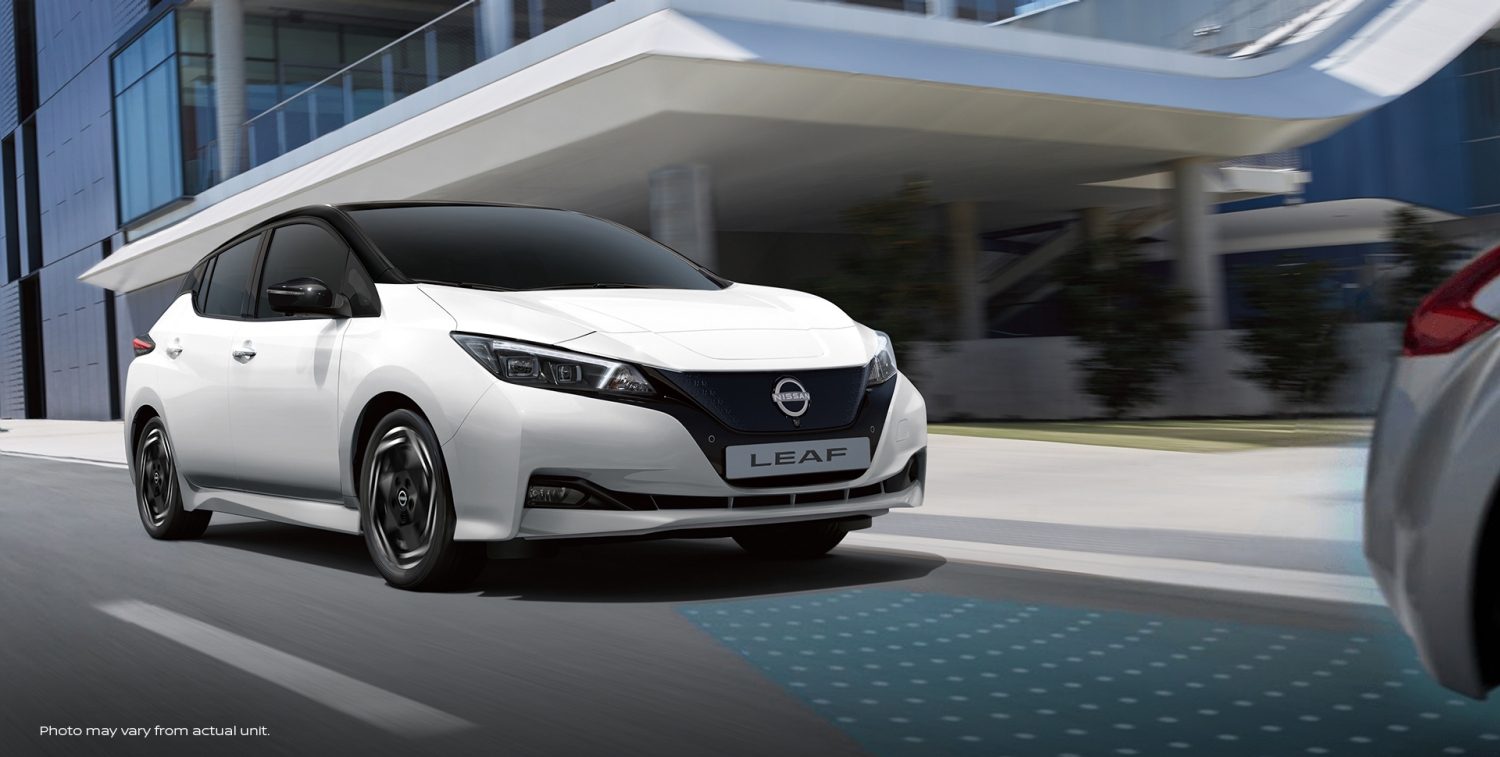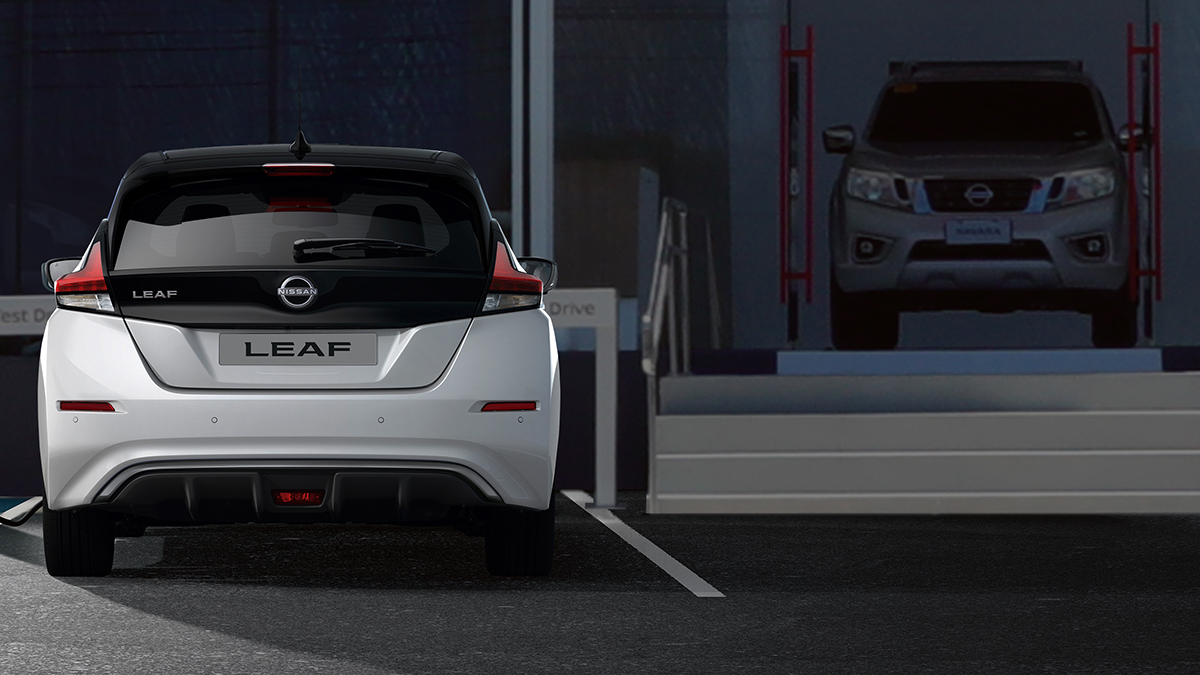
There has been a steady rise in the interest of Electric Vehicles (EVs) locally, however, the biggest obstacle for buyers (besides the lack of charging stations) has been the price. Nissan though seems to understand and has finally walked the walk by slashing the price of the LEAF EV.
Nissan LEAF Price Cut
The brand just announced an approximately 30% price reduction for the new LEAF in accordance with Executive Order No.12 issued by President Marcos dated January 13, 2023.
Executive Order No. 12 temporarily reduces import duties on electric vehicles, parts, and components for 5 years. The new Nissan LEAF is now available at a retail price of Php 1,998,000USD 33,926INR 2,887,709EUR 32,667CNY 247,752 down from its original price of Php 2,798,000USD 47,510INR 4,043,949EUR 45,747CNY 346,952. The new retail price will be effective beginning April 21, 2023.

First launched in the Philippines in 2021, the LEAF is Nissan’s first mass-produced electric vehicle, pioneering the way to sustainable mobility for all.
“We continue to make electrified mobility more accessible to our customers across the country, as a pioneer in the Philippines’ electrification movement. We welcome this development from the Philippine government as it further accelerates our electrification strategy for the country in line with our Nissan Ambition 2030, which aims to empower mobility and beyond by providing long-term sustainable solutions,” says Juan Manuel Hoyos, NPI President.
As part of its Ambition 2030 long-term vision, the automaker will work to increase its electrified vehicle product mix in all its markets by the year 2030. The brand will also utilize its electrified vehicle technologies to address various issues beyond transportation and sustainable mobility. To support the latter, NPI launched last year its Blue Switch initiative which aims to create key partnerships with various organizations to help address social concerns such as disaster response, climate change, responsible travel, and energy management with the use of EV technologies such as Vehicle-to-Anything (V2X) bi-directional charging


